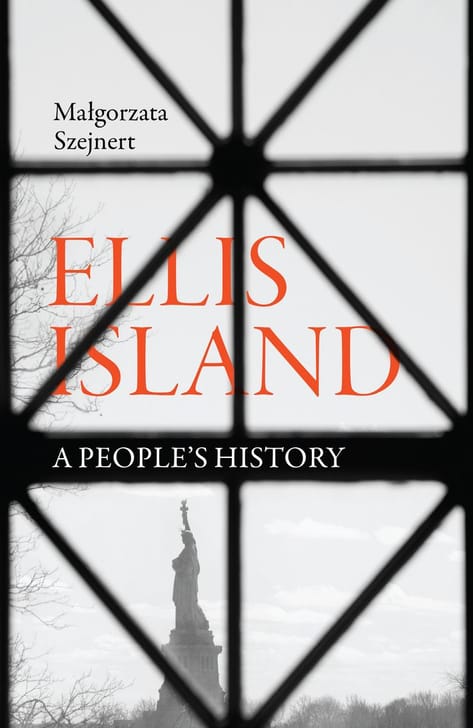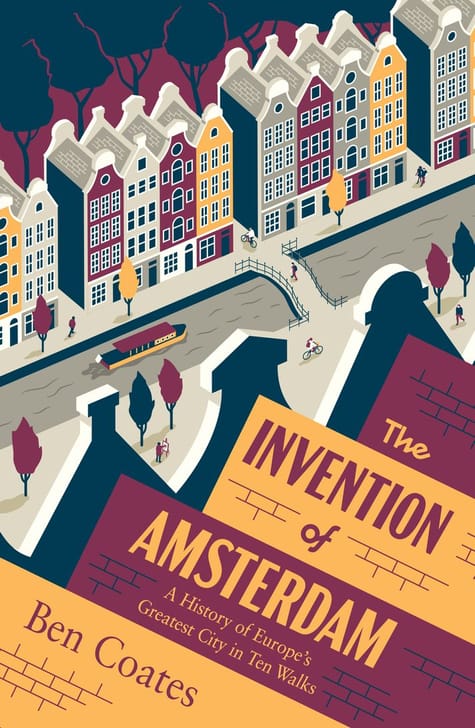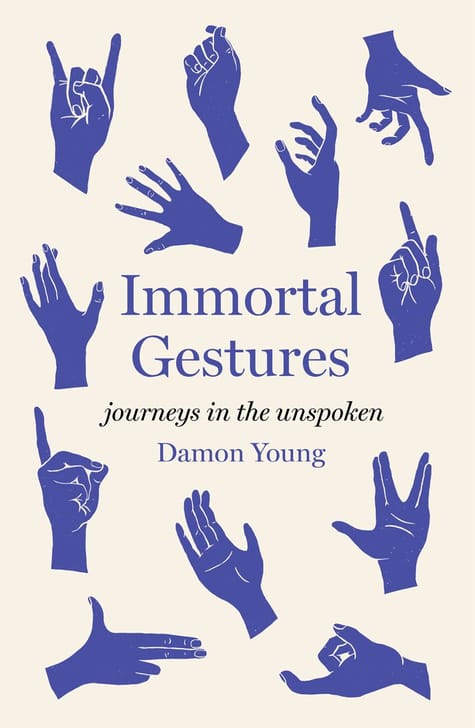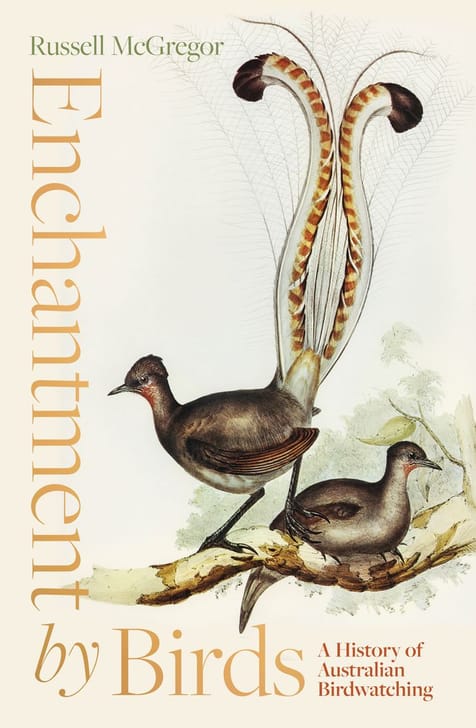A dramatic, multi-vocal account of the personal agonies and ecstasies that played out within the walls of Ellis Island, as told by Poland’s greatest living journalist.
This is the people’s history of Ellis Island—the people who passed through it, and the people who were turned away from it.
From Annie Moore, the Irishwoman who was the first to be processed there, to Arne Peterssen, the Norwegian who was the last to be taken away from the island via the official ferry boat in 1954, Ellis Island weaves together the personal experiences of forgotten individuals with those who live on in history: Fiorello La Guardia, Lee Iacocca, and other American leaders whose paths led them to the Island for various reasons through the years.
Award-winning journalist Małgorzata Szejnert draws on unpublished testimonies, memoirs, archival photographs, and correspondence from many internees and immigrants, including Russians, Italians, Jews, Japanese, Germans, and Poles. At the book’s core is a trove of personal letters from immigrants to their loved ones back home—letters which were confiscated and never delivered, finally discovered in a basement in Warsaw.
But also brought to life are the Ellis Island employees: the doctors, nurses, commissioners, interpreters, social care workers, and even chaperones, who controlled the fates of these émigrés—often basing their decisions on pseudo-scientific ideas about race, gender, and disability. Sometimes families were broken up, and new arrivals were detained and quarantined for days, weeks, or even months.
All told, the island compound spent longer as an internment camp than as a migration way-point—in addition to filling other roles through the years, including that of rescue station in the immediate aftermath of the 9/11 attacks.
Now brought back to life by a master storyteller, this is a story of a place and its people, steeped in politics and history, that reshaped the United States.










